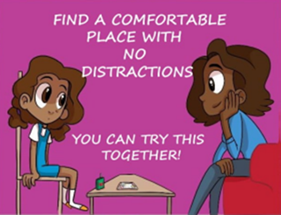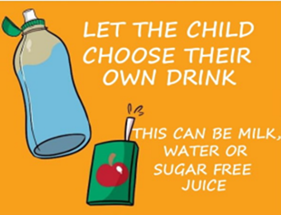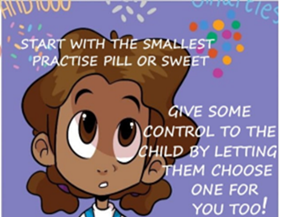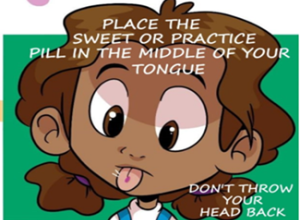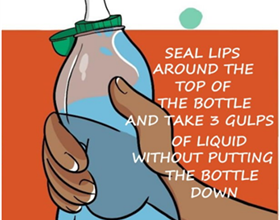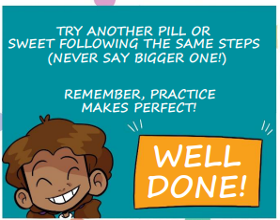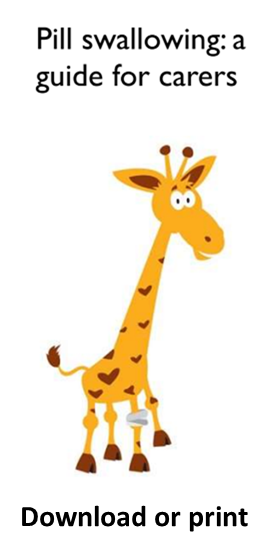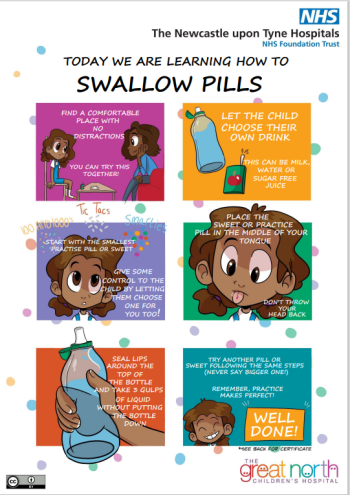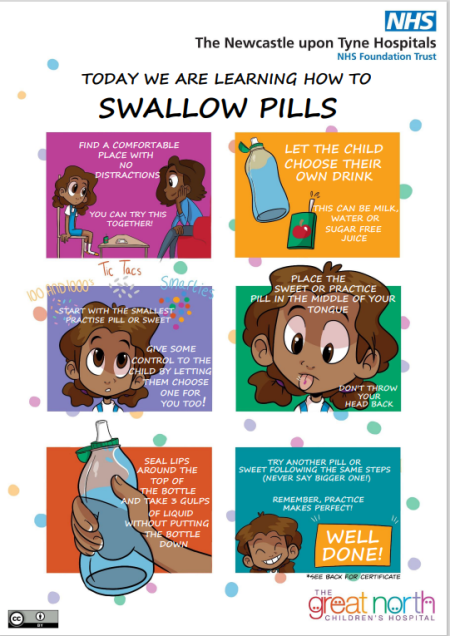Swallowing pills (Kidzmed)
Kidzmed is a programme developed to help families to teach children and young people how to swallow pills using a simple six-step technique. It was set up at the Great North Children’s Hospital, Newcastle, and has won the NHS Sustainability Award, the HSJ Value Award for Pharmacy and Optimisation and the Bright Ideas in Health Award for Demonstrating an Impact upon Quality Improvement.
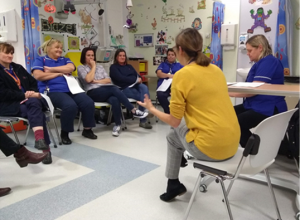
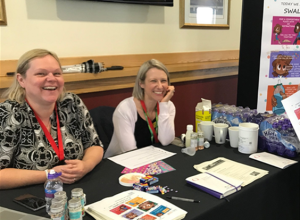
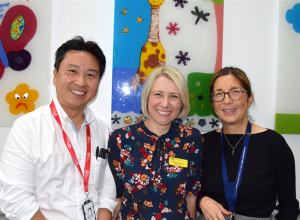
Why are swallowing pills better than liquid medicines?
Swallowing pills are better:
- For children and young people: pills are less sickly, contain less sugar and children who swallow pills tend to have less problems taking their medicines
- For carers: pills have a longer shelf-life, do not need to be kept in a fridge, are easier to carry around and more readily available in local pharmacies
- For pharmacists: pills are more commonly stocked in local pharmacies compared to suspensions and cheaper
Swallowing pills is an important life skill for children to learn, for the reasons above, and because most medicines are in pill form.
What do I need to do to teach my child how to swallow pills?
1. Take a look at our pill swallowing guide below
2. Watch our film with Sister Ailsa Pickering
KidzMed Project: Teaching Children to Swallow Tablets - YouTube
Top tips:
- It really helps your child for you to show them how pleased you are that they have taken their medicines
- It is important to be firm and consistent but avoid punishments or threats
- Make pill taking part of the normal daily routine (e.g. brushing teeth, washing face)
- Try to administer pills at same time and in same place (when possible)
- Give control to the child (e.g. which tablet they want to swallow first, liquid choice)
- Use stories (such as waterfall that washes pebble away)
- Make the process a fun experience
- Try not to bargain or bribe the child
- Avoid tricking the child with food (e.g. hiding the tablet)
- Use food to reduce taste or help with swallowing (e.g. jelly, milk, cold drink, ice cream, yoghurt)
- Avoid thick liquid that could slow down swallowing process.
Now print the certificate
When your child refuses...
- Occasionally children may refuse to take their medicines
- Have a matter-of-fact attitude. You expect your child to take the medicine just as you expect them to put on a coat before going out in the cold weather
- Never ask your child if they want to take their medicine
- This is not optional; be firm in telling your child it is time for medicine (e.g. no other activities)
- If your child refuses to take the medicines, stay in the room with the child, alone and remain calm. Your child will be allowed to leave the room and go back to play only after taking the medicine
- Speak to your medical team if your child is not taking their treatment.
Resources
Pill swallowing technique comic, English leaflet displayed below or select a translated version.
- Arabic pill swallowing leaflet
- Belgium french pill swallowing leaflet
- Bengali pill swallowing leaflet
- Czech pill swallowing leaflet
- Dutch pill swallowing leaflet
- Flemish pill swallowing leaflet
- Greek pill swallowing leaflet
- Hebrew pill swallowing leaflet
- Hindi pill swallowing leaflet
- Mandarin pill swallowing leaflet
- Russian pill swallowing leaflet
- Spanish pill swallowing leaflet
- Swedish pill swallowing leaflet
- Urdu pill swallowing leaflet
Watch our film with Sister Ailsa Pickering
KidzMed Project: Teaching Children to Swallow Tablets - YouTube
Podcasts
We have a series of podcasts about learning to swallow pills. Listen to Daniel’s podcast to hear his story and find out how swallowing pills made a difference to him.
RCPCH Podcasts: Pill swallowing in children 4 : Daniel's story (libsyn.com)
Listen to Sister Ailsa Pickering talk about teaching children to swallow pills
RCPCH Podcasts: Pill swallowing in children 1: The secret of pill swallowing (libsyn.com)





